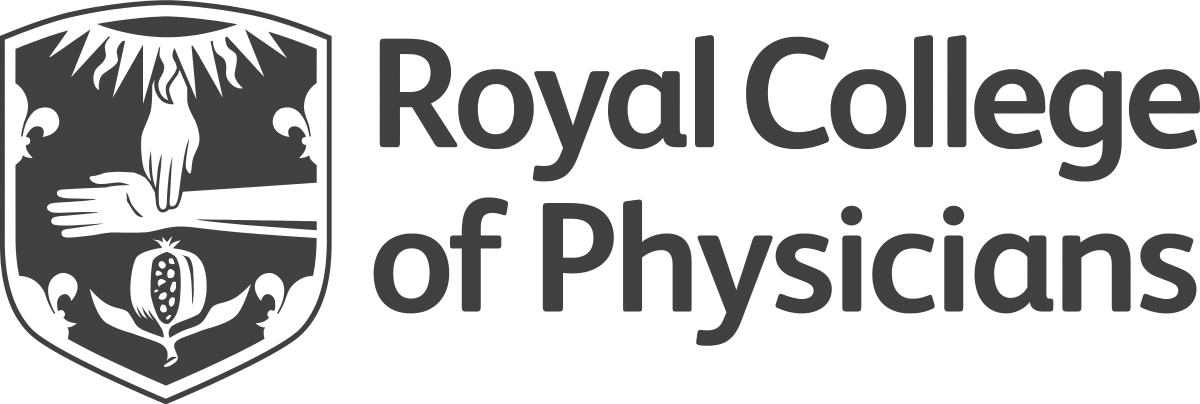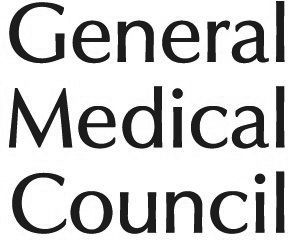Prof. Ash Wechalekar, Consultant Haematologist
Prof. Ash Wechalekar
Consultant Haematologist
Prof. Ash Wechalekar MB BS, MD, FRCP, FRCPath, DM
Consultant Haematologist
Prof. Ash Wechalekar
Consultant Haematologist MB BS, MD, FRCP, FRCPath, DM
About Prof. Ash Wechalekar
GMC number: 5191273
Year qualified: 1992
Place of primary qualification: Nagpur University
Prof. Ashutosh Wechalekar is an internationally renowned Consultant Haematologist who specialises in plasma cell disorders, with a focus on MGUS, multiple myeloma, monoclonal protein-related disorders (MGRS), and all types of amyloidosis.
He is part of the largest UK myeloma service at University College London Hospitals (UCLH) and leads Haematology at the National Amyloidosis Centre based at the Royal Free Hospital. Additionally, he is the lead for the AL amyloidosis treatment programme. Prof. Wechalekar also serves as the Director of the laboratory at the National Amyloidosis Centre.
Prof. Wechalekar is highly active in clinical research, developing a trials network in the UK for AL amyloidosis and acting as Principal Investigator or Chief Investigator on numerous myeloma clinical trials. His work is widely published both nationally and internationally in these areas.
Areas of expertise
- Myeloma
- Amylodoisis
- Waldenstrom’s macroglobulinaemia
- Plasma cell dyscrasia
- Renal disease
Professional memberships


Articles by Prof. Ash Wechalekar
Disease progression in cardiac transthyretin amyloidosis is indicated by serial calculation of national amyloidosis centre transthyretin amyloidosis stage
Eight novel loci implicate shared genetic etiology in multiple myeloma, al amyloidosis, and monoclonal gammopathy of unknown significance
Minimal residual disease negativity by next-generation flow cytometry is associated with improved organ response in al amyloidosis
Preclinical toxicology and safety pharmacology of the first-in-class gadd45β/mkk7 inhibitor and clinical candidate, dtp3
Outcomes of 44 patients with newly diagnosed systemic light-chain amyloidosis associated with deletion 17p
Extracardiac 18f-florbetapir imaging in patients with systemic amyloidosis: more than hearts and minds










